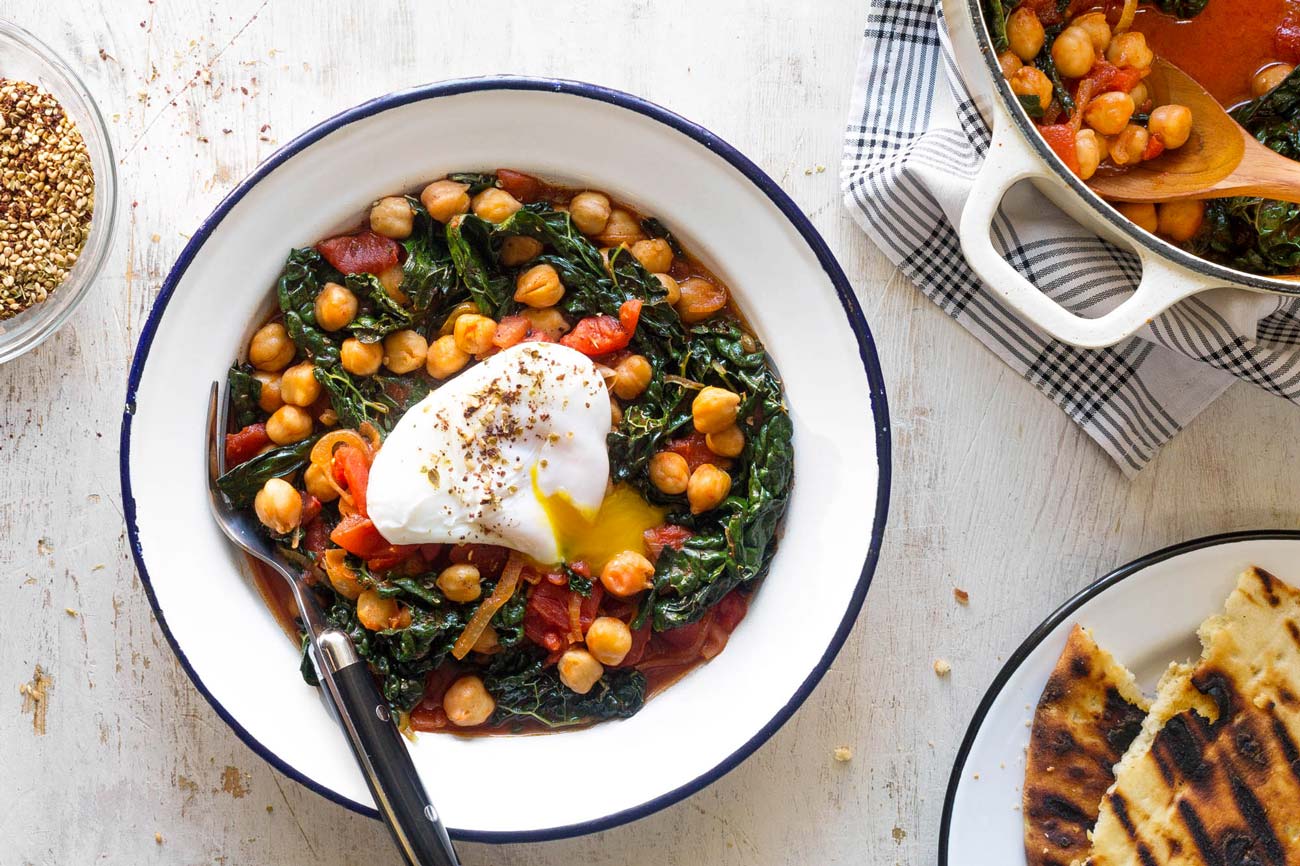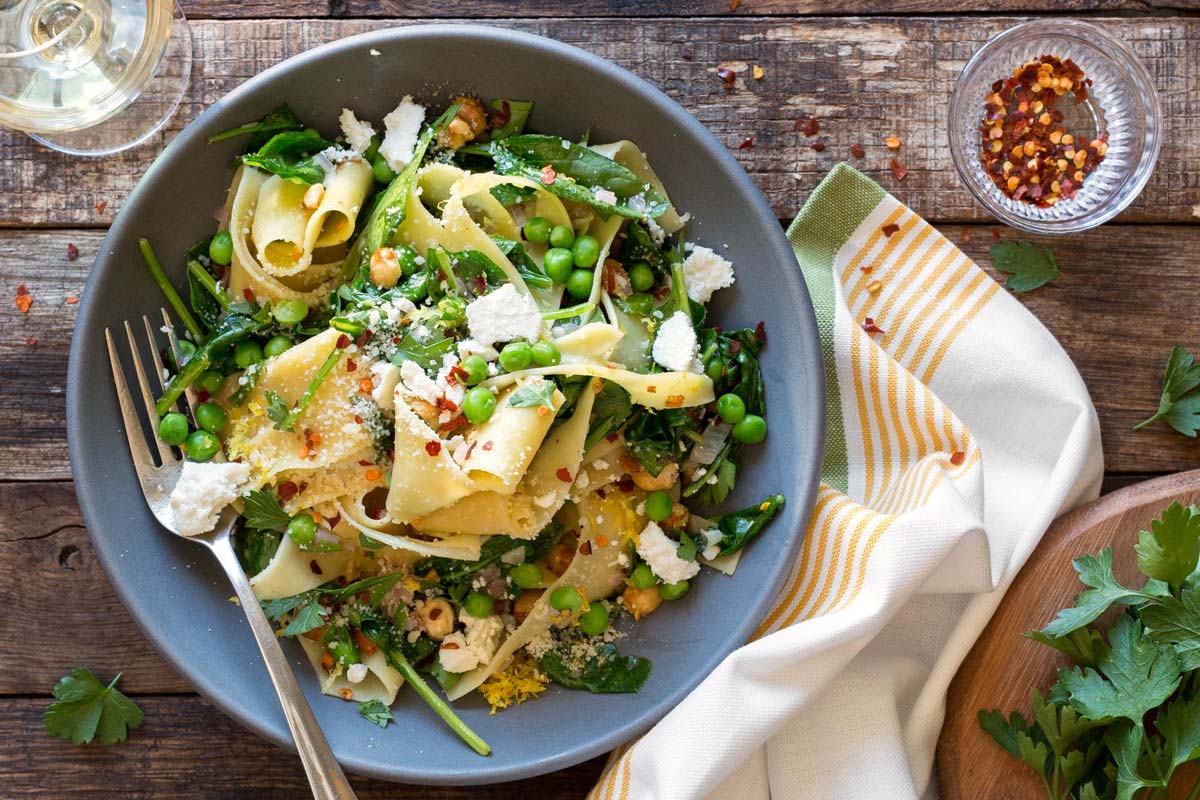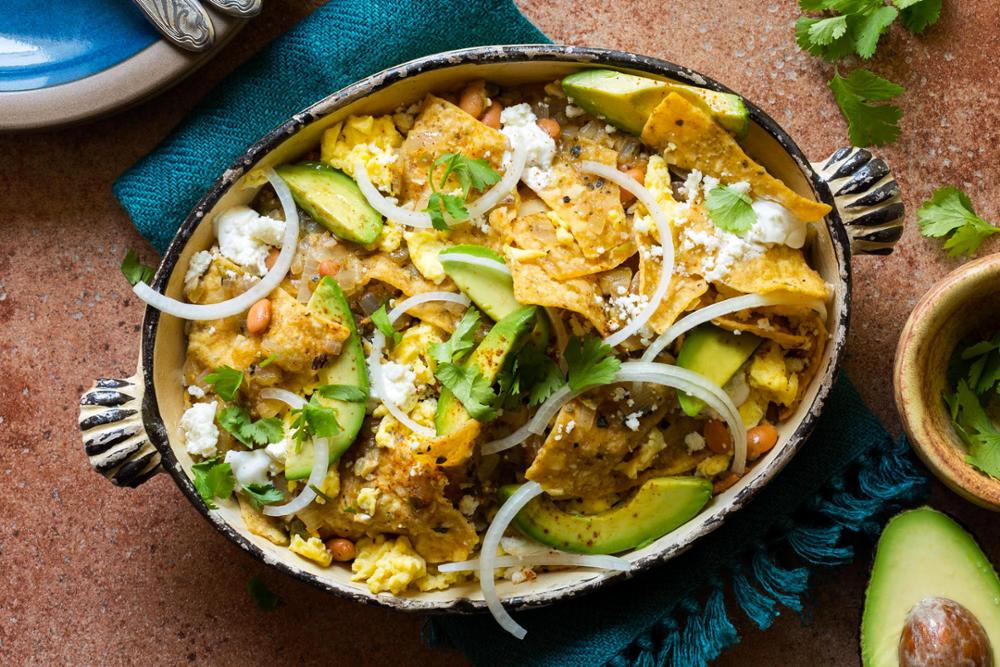The Vegetarian Meal Plan
-
Mouthwatering Meatless Meals
Crazy-delicious vegetarian fare inspired by global cuisines -
Incomparable Ingredients
Organic fresh produce, eggs, and tofu made from non-GMO soy -
Goodbye, Grocery & Regards, Recipe Research
No more shopping or meal planning required
Vegetarian Meal Plan to Your Door

Only the Freshest
We strive to source 100% organic fresh produce from the best farms Learn More ›
Protein Power
Plant-based proteins, like organic, non-GMO tofu, plus organic eggs
Hand-crafted Sauces and Hand-picked Spices
Exploding with flavors that span the globe and rock your world
Recipes for Success
All meal-kit recipes are developed by our award-winning chefs, so the deliciousness never ends
Vegetarian Nutritional Info
Sunbasket’s Vegetarian diet meals are a matchless, meatless balance of healthy and delicious to keep you satisfied and stoked. Plus, they all come with the approval of our in-house dietitians, so you know you’re gonna be good to go.

- Portion Perfection: About 400-800 calories per serving
- High in Protein: At least 10 grams per serving
- High in Fiber: At least 5 grams per serving
- Good Fats: Sourced from olives, nuts, seeds, and avocados
Get free shipping with your first order.
Kale Yes, Let’s Do ThisFrequently Asked Questions
Learn More About The Vegetarian Diet
Reasons to Eat Vegetarian
There are many great reasons for eating a vegetarian diet. The three most common are to improve health, to make more environmentally responsible choices, and to support animal welfare. Following a vegetarian eating pattern can help encourage a more nutrient-rich, clean diet that contributes to greater health and well-being. By abstaining from meat, vegetarians also reduce their own environmental impact, as meat production (especially beef) is a major emitter of greenhouse gases and a drain on our limited water resources. And as for animal rights, well, that one’s pretty clear––much like the conscience of a vegetarian.
Vegetarianism for Health
Rich in nutrients and fiber, vegetarian food supports the maintenance of your health, as part of a calorie-conscious, balanced diet and regular exercise. Do it for health!
Getting Used to Vegetarianism
Forget the plunge, sometimes you just gotta ease into that water. If you've been eating meat every day for your entire life, nobody here is asking you to cannonball straightaway into vegetarianism. It’s totally cool to start small. You could adopt Meatless Mondays (or Tofu Tuesdays, or even We-don’t-eat-meat Wednesdays…), then graduate to a few veggie days a week. (We know of a pretty handy meal plan that can make the transition seamless... Sun-something or other.) This approach is sometimes known as “reducetarian”––those who consciously try to consume fewer animal products at every turn. Then, before you can say “Jack Rutabaga,” you'll have all the vegetarian know-how to make a full-fledged lifestyle change.
Vegetarian vs. Flexitarian
If total commitment’s not your bag, baby, you could always try going “flexitarian” and make your own rules. Flexitarians follow a predominantly vegetarian lifestyle and acknowledge the benefits of a plant-based eating pattern but allow for flexibility in their food choices. Some flexies are cool with Thanksgiving turkey, dinner at a friend’s house, or choosing to order meat dishes only when eating out. Sometimes severe restriction can feel like a setup for failure. The notion of an "all or nothing" approach is far less likely to succeed than allowing for some built-in flexibility. You'll need to decide for yourself where you fall on the vegetarian spectrum, and remember, no choice has to be forever. But any increase in consumption of plant-based foods can be considered a win for your health and the environment. And you can always shop our full menu to find the variety you’re looking for.
Vegetarian vs. Pescatarian
Pescatarian, which comes from “pesce,” the Italian word for fish, is a plant-based eating pattern that includes plants, eggs, dairy, and––surprise!––fish, as well as other shellfish like clams and shrimp that are loaded in healthy minerals. Aside from being a good source of protein, many fish have healthful compounds such as omega-3 fatty acids. If you would like to try a pescatarian diet, Sunbasket's Pescatarian Meal Plan can be found here.

